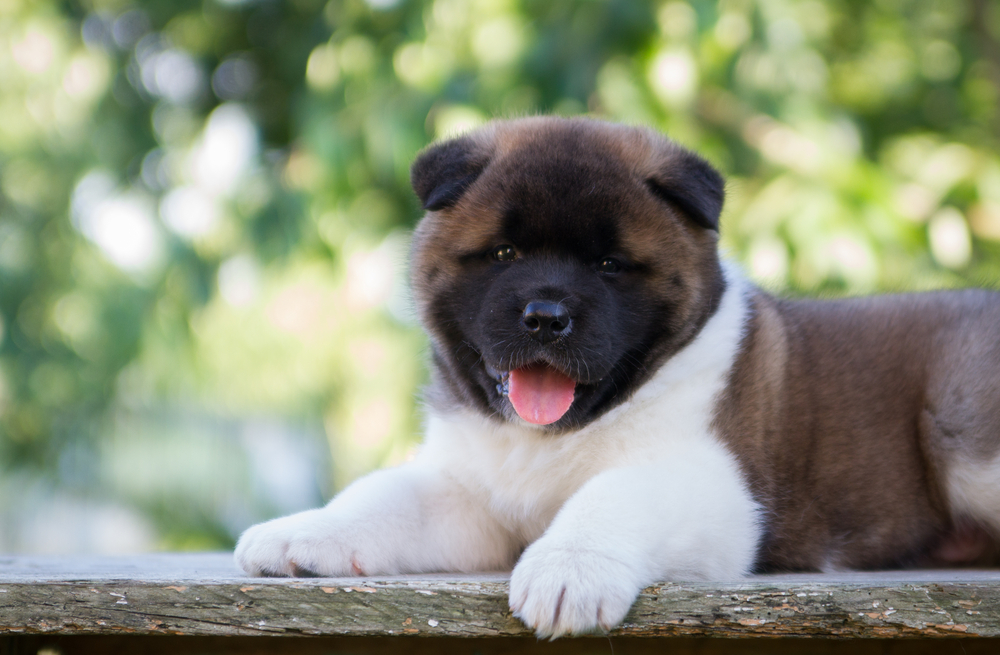Akita Socialization and Interaction with Other Animals
In this comprehensive guide, we will delve into the world of Akita socialization and explore how these magnificent dogs interact with other animals. The Akita breed is renowned for its loyalty, intelligence, and strength, making them incredible companions when properly socialized. We will share valuable insights and tips to help you foster positive interactions with other animals, ensuring a harmonious environment for both your Akita and the other furry friends they may encounter.
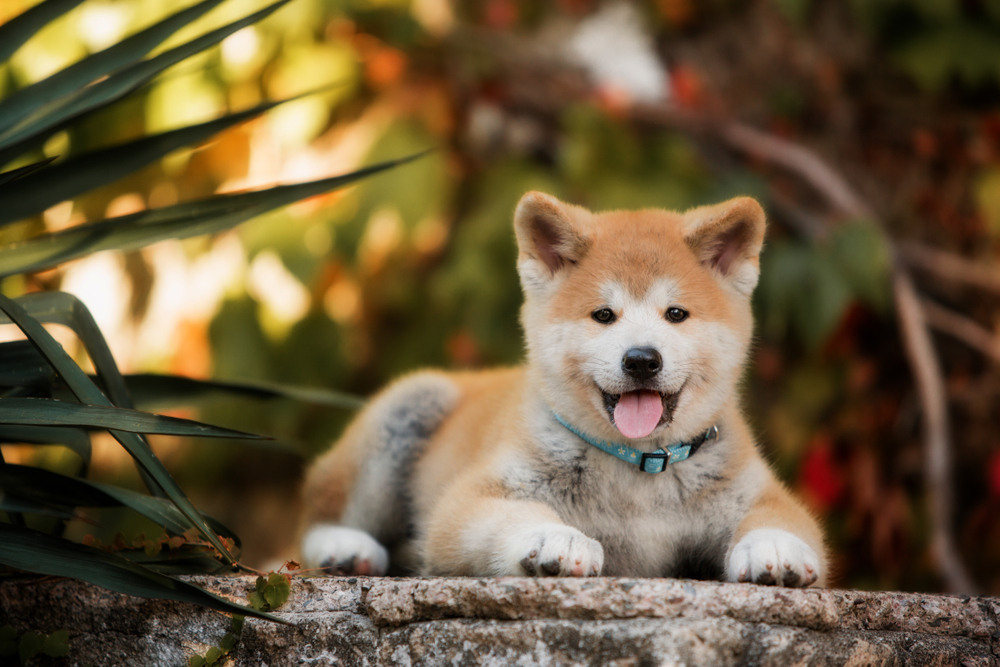
Understanding the Akita Breed
Before we delve into the intricacies of Akita socialization, it is essential to understand the breed’s characteristics. Akitas are a Japanese breed originally bred for hunting and guarding purposes. They possess a dignified and aloof demeanor, which can be misunderstood as aggression by other animals and even humans.
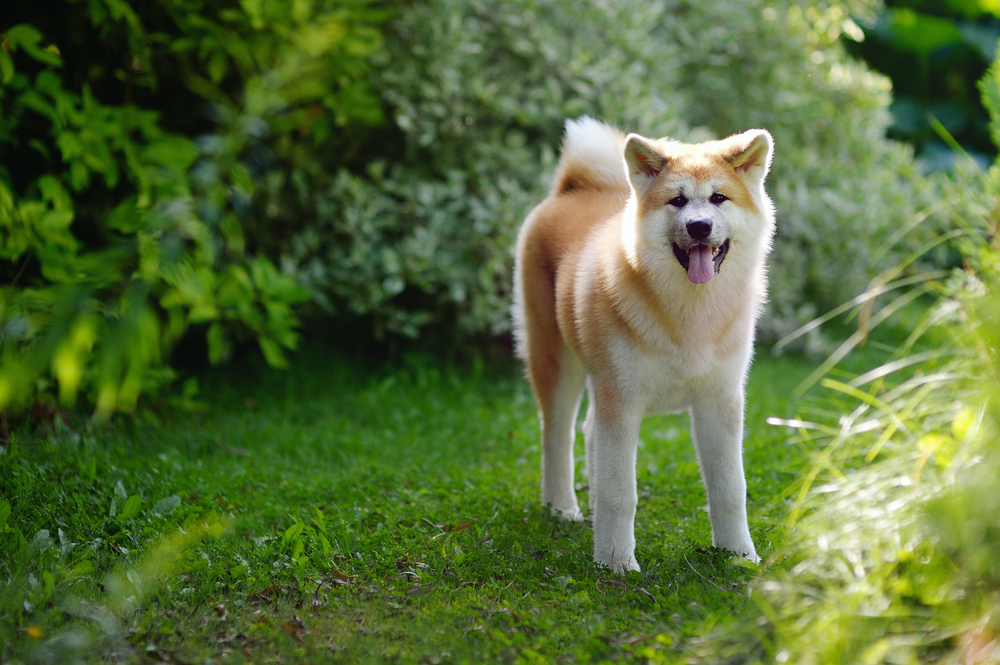
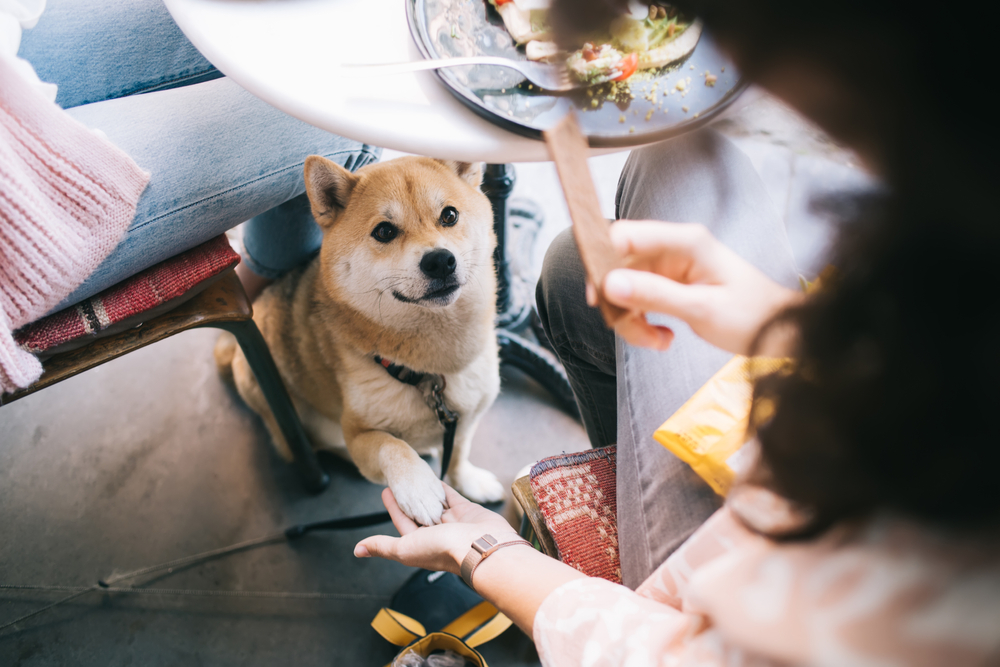
Early Socialization for a Well-Adjusted Akita
Socialization plays a pivotal role in shaping an Akita’s behavior and temperament. Early socialization is crucial for developing a well-adjusted and confident companion. Exposing your Akita to various animals, sounds, and environments during their critical developmental stages (typically between 3 and 16 weeks) helps them grow into emotionally stable adults.
Positive Reinforcement Training
When introducing your Akita to other animals, always employ positive reinforcement training techniques. Reward-based training, using treats and praise, encourages desired behavior and helps build positive associations with other animals. Never resort to punitive measures, as it may lead to fear-based responses in your Akita, hindering healthy socialization.
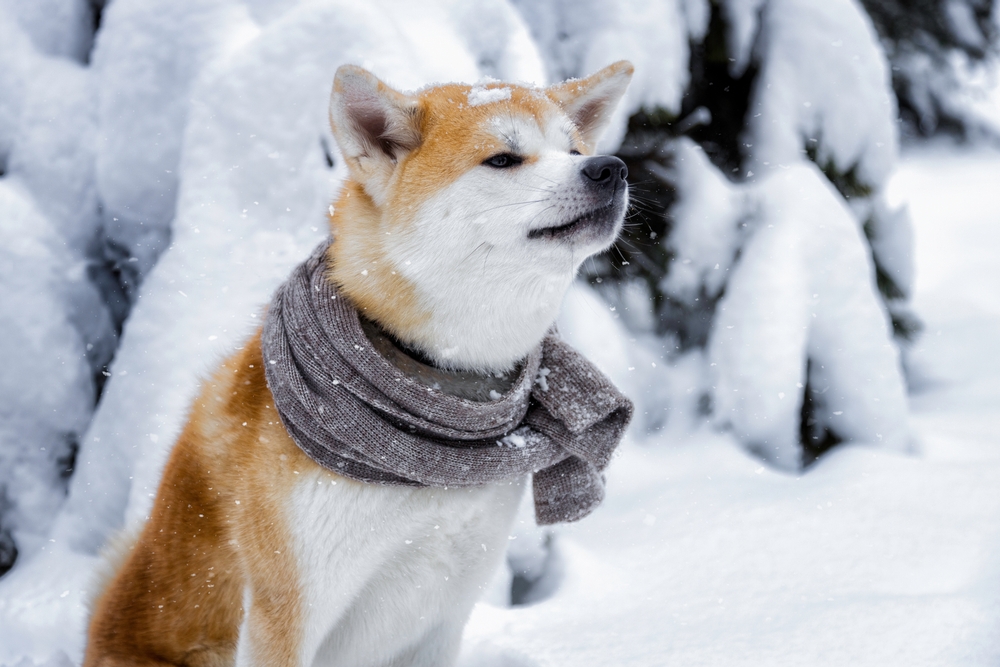
Supervised Interactions
Supervision is essential during the initial interactions between your Akita and other animals. Whether it’s introducing them to another dog, cat, or small animal, closely monitor their behavior. Gradual introductions in controlled environments, such as on-leash interactions, can reduce the likelihood of any undesirable confrontations.
Familiarizing Your Akita with Different Animal Types
To ensure your Akita is well-adjusted to various animal types, expose them to diverse encounters. Meeting other dogs is an important aspect of socialization, as Akitas can sometimes display dominance tendencies. Arrange playdates with friendly and well-socialized dogs to promote positive interactions.
Additionally, let your Akita encounter different small animals, such as cats, rabbits, or guinea pigs, in a safe and controlled setting. This exposure will help them understand that other animals are not threats, fostering a peaceful coexistence.
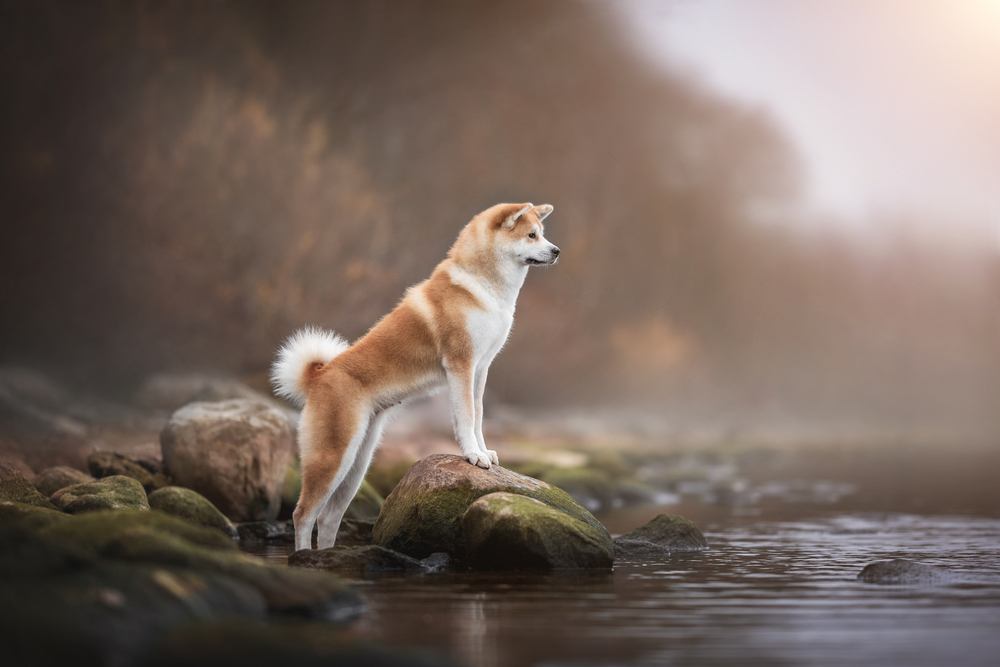
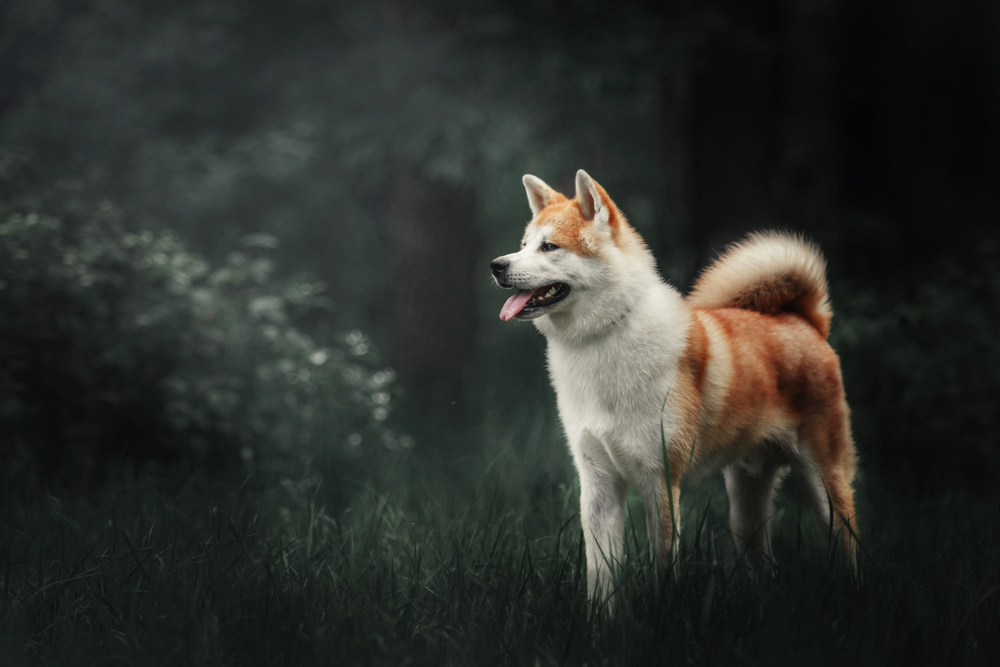
Addressing Aggression and Fear
As responsible pet owners, it is our duty to recognize signs of aggression or fear in our Akitas and address them promptly. If your Akita displays aggressive behavior towards other animals, consider seeking the guidance of a professional dog trainer or behaviorist.
Furthermore, if your Akita shows signs of fear or anxiety during interactions, provide a safe retreat space where they can feel secure. Gradually reintroduce them to the situation in a calm and controlled manner, reinforcing positive behavior with rewards.
The Importance of Positive Experiences
Creating positive experiences for your Akita during socialization is key to building a friendly and sociable companion. Plan enjoyable activities with other animals, such as group walks in the park or play sessions with other dogs. These positive experiences will strengthen the bond between your Akita and their furry peers.
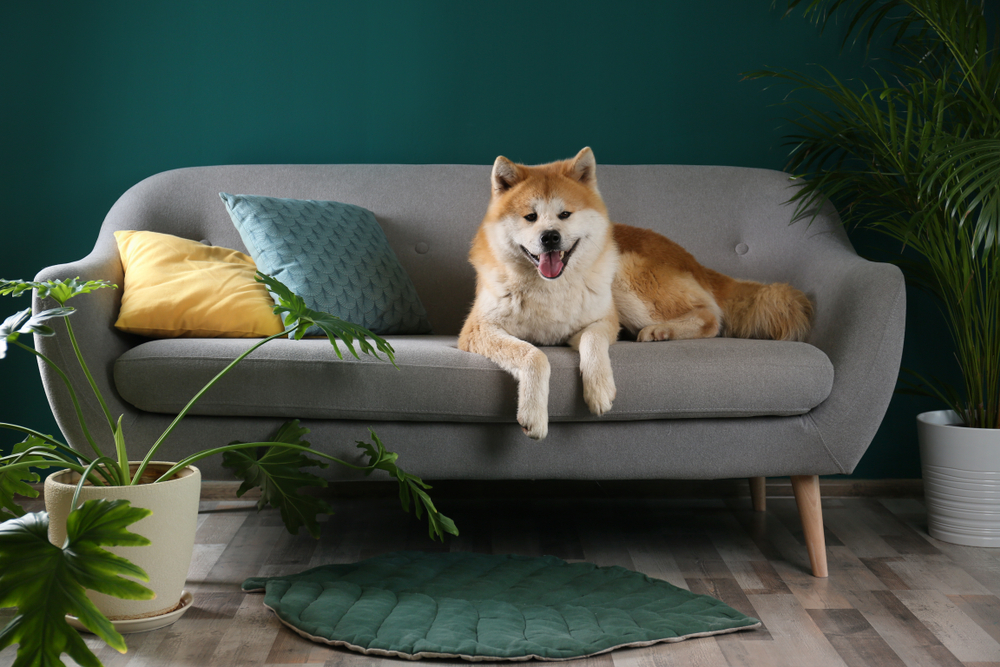
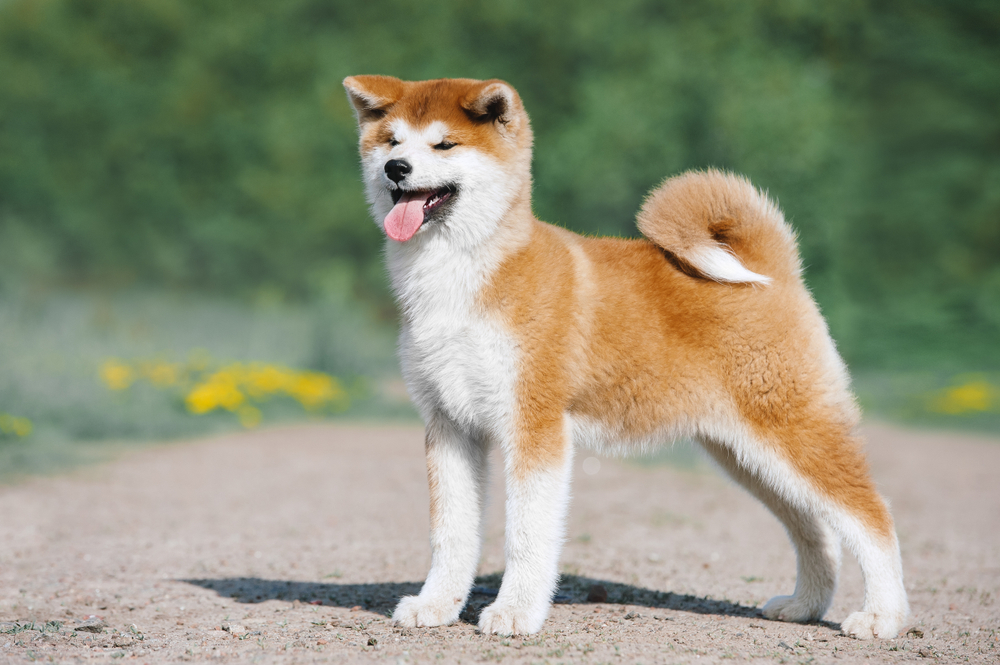
Ongoing Socialization for Adult Akitas
Socialization should not end in puppyhood. Continuously expose your Akita to new animals and environments throughout their life. Joining dog-friendly events, training classes, or visiting dog-friendly establishments can provide opportunities for positive social interactions.
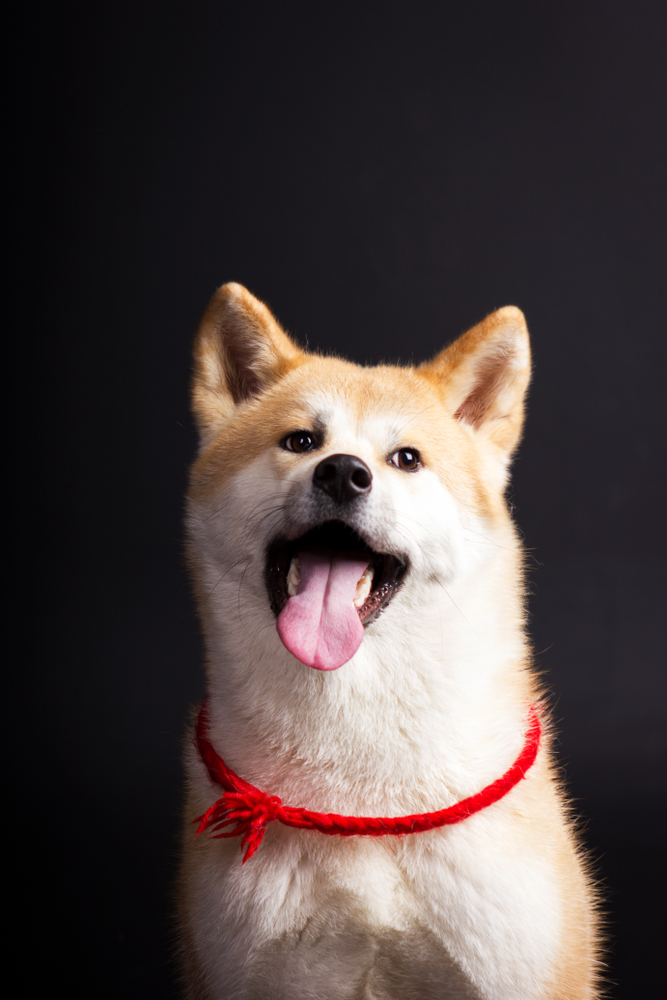
The Benefits of Akita Socialization
Proper socialization brings about numerous benefits for your Akita and other animals alike. Some of these advantages include:
1. Reduced Aggression
Socialized Akitas are less likely to exhibit aggressive behavior towards other animals, creating a safer environment for everyone involved.
2. Enhanced Communication Skills
Through interactions with other animals, Akitas develop better communication skills, allowing them to express themselves more effectively.
3. Improved Confidence
Well-socialized Akitas tend to be more confident and well-adjusted, leading to a happier and healthier life.
4. Strengthened Human-Animal Bond
Positive socialization experiences strengthen the bond between you and your Akita, fostering a deeper connection.
Akita Socialization and Interaction with Other Animals
Akita socialization is an integral aspect of raising a well-mannered and sociable companion. By starting early, using positive reinforcement, and providing supervised interactions, you can help your Akita develop into a confident and friendly dog. Remember to address any signs of aggression or fear promptly and continue socialization efforts throughout their life.
